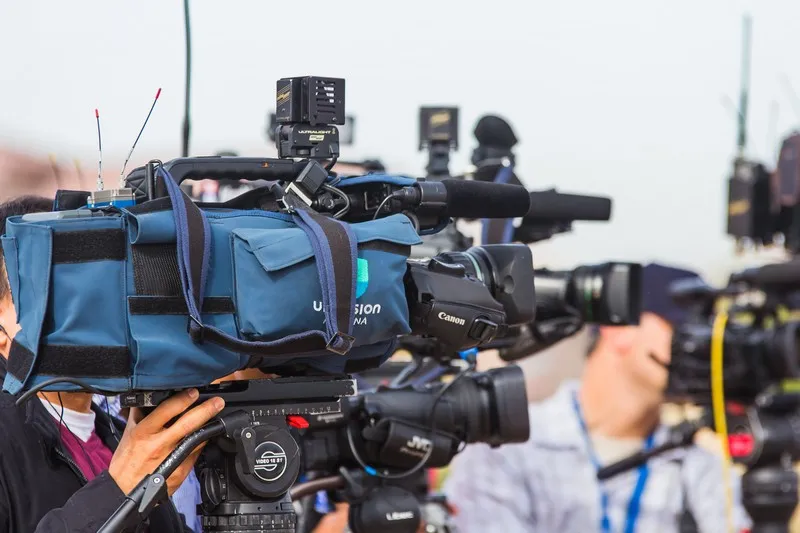In the field of sociology, the representation of social class in various forms of media has been a topic of interest and analysis. One such form of media that has come under scrutiny is the British Academy Film Awards, commonly known as the BAFTAs. This blog post aims to outline and explain the relationship between the BAFTAs and class representation.
Understanding Class Representation
Class representation refers to the portrayal and depiction of different social classes in the media. It involves examining how individuals from different socioeconomic backgrounds are presented, their access to opportunities, and the narratives surrounding their experiences. The study of class representation provides insights into the power dynamics and inequalities within society.
The BAFTAs: An Overview
The BAFTAs is an annual award ceremony that celebrates excellence in the British film and television industry. It recognizes outstanding achievements in various categories, including acting, directing, writing, and production. The awards are highly regarded and often seen as an indicator of success and recognition within the industry.
Class Representation at the BAFTAs
When it comes to class representation at the BAFTAs, there have been ongoing discussions and debates about the extent to which different social classes are represented and acknowledged. Critics argue that the awards tend to favor individuals from privileged backgrounds, reinforcing existing power structures and inequalities.
One aspect of class representation at the BAFTAs is the dominance of actors and filmmakers from elite backgrounds. It is often observed that individuals who come from affluent families or have attended prestigious institutions have better access to opportunities and resources within the industry. This advantage can manifest in the form of better roles, higher budgets for their projects, and greater visibility. Consequently, individuals from working-class backgrounds may face barriers in accessing the same level of recognition and success.
Another aspect to consider is the types of stories and narratives that are celebrated at the BAFTAs. Critics argue that there is a tendency to focus on stories that revolve around the experiences of the upper and middle classes, while narratives that reflect the realities of working-class individuals are often overlooked. This can perpetuate stereotypes and limit the representation of diverse experiences within the industry.
The Importance of Class Representation
Examining class representation at the BAFTAs is crucial because it reflects broader societal issues related to social inequality and access to opportunities. Media plays a significant role in shaping public perceptions and attitudes, and the lack of representation can reinforce existing biases and reinforce social hierarchies.
By promoting greater diversity and inclusivity in class representation, the BAFTAs and other award ceremonies have the potential to challenge prevailing power structures and provide a platform for underrepresented voices. Recognizing and celebrating the achievements of individuals from diverse socioeconomic backgrounds can inspire change within the industry and encourage the production of more inclusive and representative content.
Conclusion
The BAFTAs and class representation are interconnected in the field of sociology. Analyzing the representation of different social classes within the awards can provide insights into societal power dynamics and inequalities. By acknowledging the existing challenges and striving for greater diversity and inclusivity, the BAFTAs can contribute to a more equitable and representative film and television industry.





